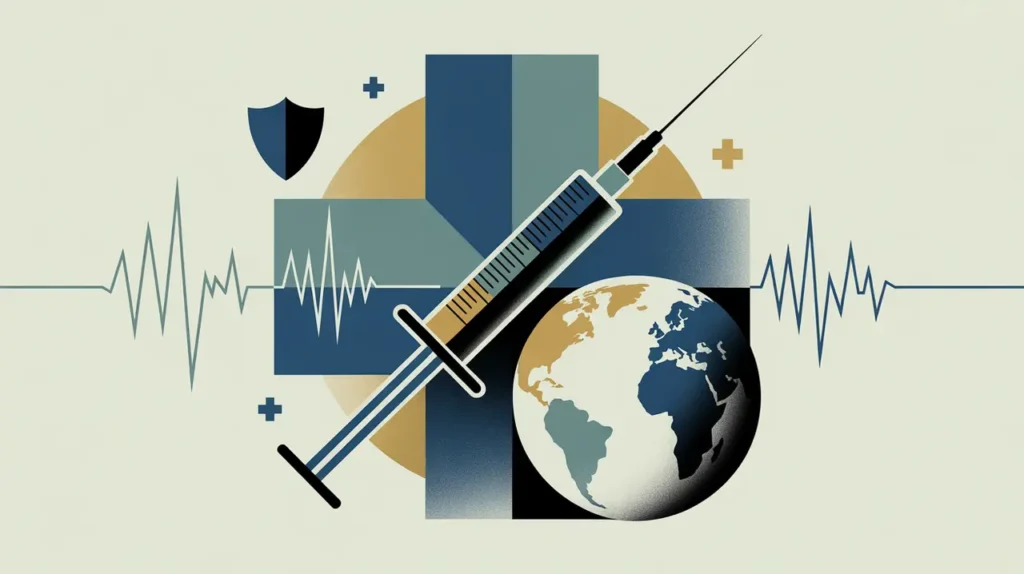Importance of Global Health
Global health is essential for addressing health challenges that transcend national borders and require coordinated responses. It ensures that diseases, pandemics, and health inequities are managed through international cooperation, benefiting both local communities and the global population. In international development, global health underpins progress in education, economic growth, and resilience, since healthier populations are better able to learn, work, and contribute to society. For nonprofits and social innovators, global health is important because it highlights interdependence and the need for collective solutions to shared risks.
Definition and Features
Global health refers to the field of study, research, and practice that prioritizes improving health and achieving equity in health for all people worldwide. Its defining features include:
- Cross-Border Focus: addressing health issues that affect multiple countries, such as pandemics.
- Equity Orientation: reducing disparities in access, outcomes, and resources.
- Multisectoral Approach: integrating health with education, environment, and economic systems.
- Collaboration: involving governments, NGOs, international agencies, and communities.
How this Works in Practice
In practice, global health initiatives target communicable diseases such as HIV/AIDS, tuberculosis, and malaria, as well as non-communicable diseases, maternal and child health, and pandemic preparedness. For example, multilateral programs like Gavi and the Global Fund pool resources to expand access to vaccines and treatments. Nonprofits and local actors implement programs on the ground, while universities and research institutions contribute knowledge. Challenges include inequities in funding, fragile health systems, political barriers, and imbalances between global priorities and local needs.
Implications for Social Innovation
Global health has significant implications for social innovation because it requires scalable, inclusive, and collaborative solutions. Innovations such as digital health tools, mobile diagnostics, and global vaccine alliances expand access while building resilience. For proximate actors, engagement in global health initiatives ensures that local realities shape international agendas. Global health is essential for building equitable systems that protect populations and strengthen collective security.







